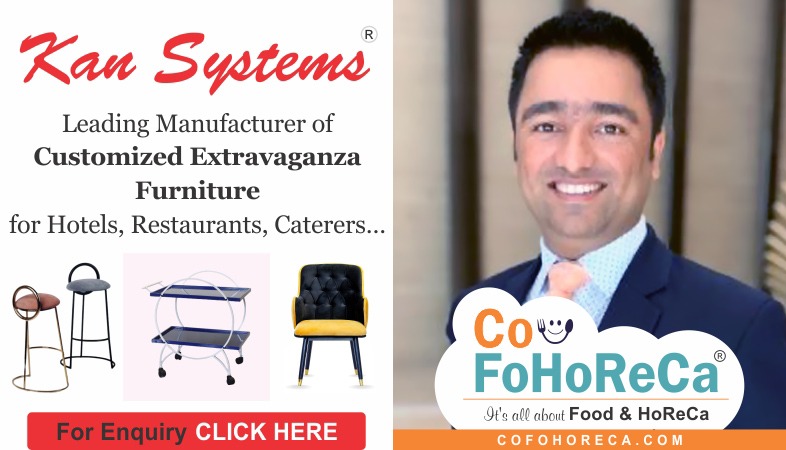SHARE
Commercials
More Posts
Feb 19, 2025
Dhokla Chicken Tikka Sandwich - By Chef Hardev Singh
Jun 29, 2025
Food and Beverage Pairing: Perfecting the Match
Jun 13, 2025
Rajwadi Dhokli - By Chef Lallan Kumar
Feb 19, 2025
Dhokla Chicken Tikka Sandwich - By Chef Hardev Singh
Jun 29, 2025
Food and Beverage Pairing: Perfecting the Match
Jun 13, 2025
.png)



























